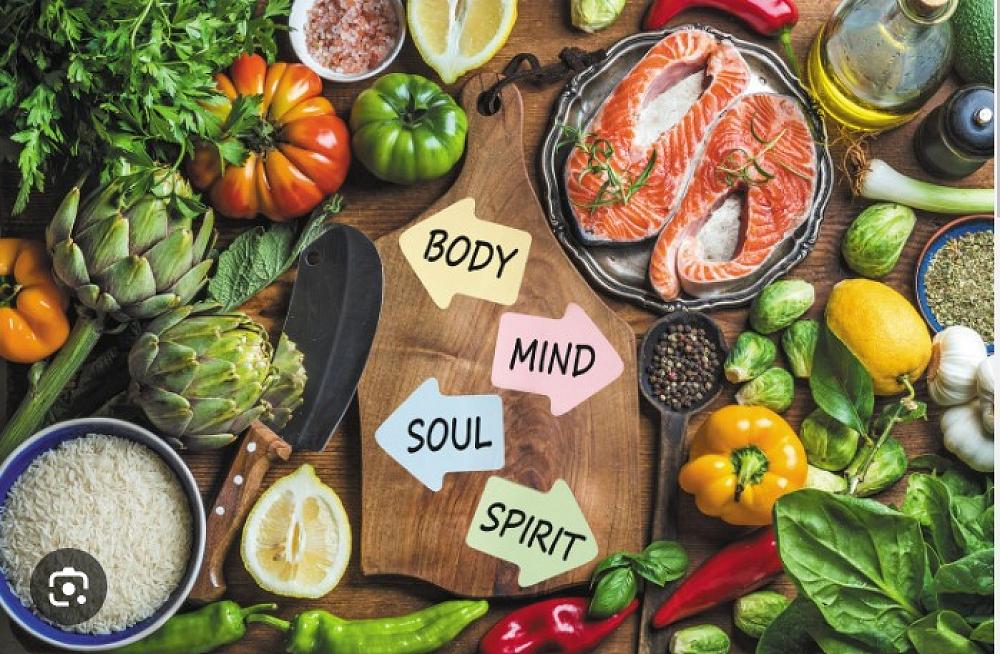
Positive Education
Food and Mood
There is a strong link between food and mood. The food we eat can affect our taha hinengaro or emotional well-being, energy levels, and even cognitive functions such as memory and concentration. Poor diet may not only be a reaction to feeling down, but may be one of the factors that contribute towards it.
You can improve your mental wellbeing by making changes to your diet. Fortunately, the same habits that keep you mentally well are those that support your taha tinana or physical health too. For example, consuming foods high in sugar or caffeine can provide a temporary boost in energy but may also lead to a crash and feelings of fatigue later on. On the other hand, consuming nutrient-dense foods such as fruits, vegetables, and whole grains can provide sustained energy and help improve mood. Additionally, certain foods contain mood-boosting compounds, such as serotonin and omega-3 fatty acids, which can contribute to feelings of happiness and well-being.
The students in Food and Nutrition have been studying the nutritional requirements of teenagers. They were asked what are some simple ways to make positive changes to your diet to improve your taha hinengaro and taha tinana.
"Increase your fibre by eating more wholegrain foods" Torino Jackson
"Take a drink bottle with you to school or work" Tom Lewis
"Replace packaged, processed snack food with a piece of fresh fruit" Ricky Fung
"Get your 5 vegetables a day by trying to include some vegetables with every meal" Daniel Strange
